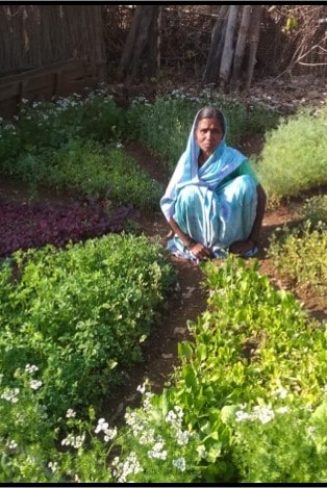Extension Work
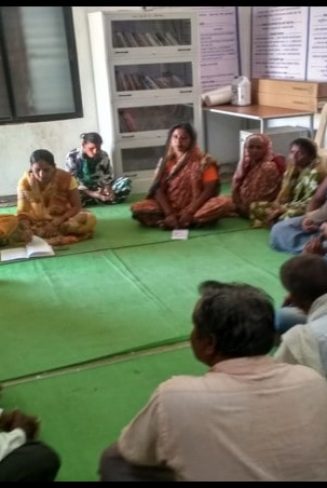
Environmental Awareness
Through all its rural programmes, Dharamitra has been stressing upon conservation of natural resources and their role in building up the livelihood base. Special attention is being paid to soil and water conservation issues, greening of land through tree cover and introduction of bio-diversified systems in farming.
Watershed Management
A Comprehensive watershed programme was implemented covering about 2500 hectares of crop land and forest land located in a cluster of 4 villages located in Karanja block of Wardha district of Vidarbha region in Maharashtra state. This work was comprised of construction of water arresting structures like CCTs, Gully plugs, Cement plugs, Contour bunds, etc. and also plantations in the catchment area. The work was managed by the Village Watershed Committees that were specially organised for the purpose. This Watershed Development Work has increased the water table of the land in the operational area and arrested loss of top soil of the cropland. Due to assured availability of irrigation water there was a remarkable increase in the area of cultivation during winter season. As a result of enhanced soil moisture, there has not only been a substantial increase in the crop yields, but some farmers also diversified their crops. The women in the villages were organised into Self-Help-Groups and they were motivated to initiate various income generating activities. The dairy activity was substantially increased due more fodder availability. The programme has brought about remarkable enhancement in the annual income of the local people. Similar programme was also implemented in another village cluster comprising three villages located in Deoli block of Wardha district and covering about 2194 hectares of land. These programmes were sponsored by NABARD, Mumbai.
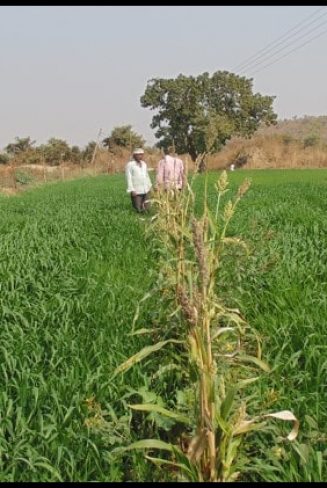
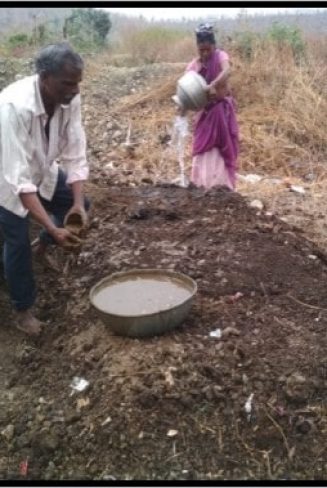
Creation of irrigation facilities through People’s Participation
A Comprehensive watershed programme was implemented covering about 2500 hectares of crop land and forest land located in a cluster of 4 villages located in Karanja block of Wardha district of Vidarbha region in Maharashtra state. This work was comprised of construction of water arresting structures like CCTs, Gully plugs, Cement plugs, Contour bunds, etc. and also plantations in the catchment area. The work was managed by the Village Watershed Committees that were specially organised for the purpose. This Watershed Development Work has increased the water table of the land in the operational area and arrested loss of top soil of the cropland. Due to assured availability of irrigation water there was a remarkable increase in the area of cultivation during winter season. As a result of enhanced soil moisture, there has not only been a substantial increase in the crop yields, but some farmers also diversified their crops. The women in the villages were organised into Self-Help-Groups and they were motivated to initiate various income generating activities. The dairy activity was substantially increased due more fodder availability. The programme has brought about remarkable enhancement in the annual income of the local people. Similar programme was also implemented in another village cluster comprising three villages located in Deoli block of Wardha district and covering about 2194 hectares of land. These programmes were sponsored by NABARD, Mumbai.
Ecological Agriculture
Over the last two decades, Dharamitra has worked with more than 1500 resource poor farmers located in Vidarbha region of Maharashtra and helped them to establish agro-ecological farming systems based on judicious use of locally available resources. These farmers were mostly poor tribal farmers holding mostly partially degraded land that was being cultivated under rain-fed condition. The farmers in each village covered under the programme were organised into a “Farmers’ Study Group” (FSG), which was monitored by a motivator, who was a young practicing farmer from the same village and trained in running FSGs and use of alternative agriculture practices. A package of non-chemical agricultural practices developed by Dharamitra was introduced to these farmers and they were provided knowledge inputs through training, demonstration and exposure visits. Close follow up and monitoring was organized to help them to sort out problems faced during adoption of the techniques. The data on crop yields as well as cost-benefit of crop production was collected analysed. The randomly collected soil samples from farms of the beneficiaries were also analysed for physical, chemical and microbial parameters. The work led to reduction in the cost of production, decreased dependence on markets for procurement of inputs, improved soil health, increased crop diversity, enhanced net profits and improved nutritional health of the farming families. Similar work is presently being carried out in liaison with about 500 tribal farmers in Wardha district of Maharashtra.
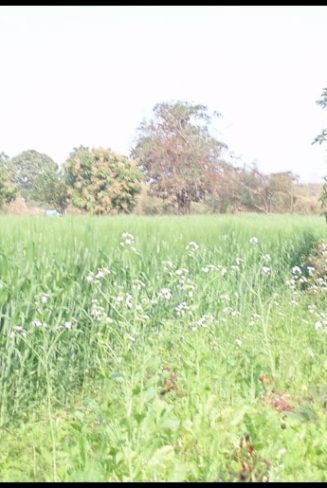
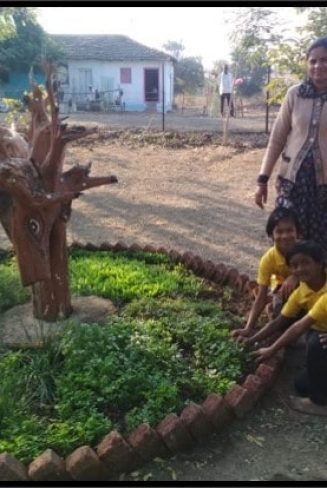
Eradication of malnutrition amongst women
A special programme was initiated with the help of Department of Science & Technology (DST) to eradicate anameic malnutrition commonly prevalent amongst adolescent girls and pregnant women covering about 311 families located in 9 villages of Yavatmal district. Among them, the target groups were comprised 188 adolescent girls and 123 young married women; besides this, 87 adolescent girls formed the control group. This goal was to be achieved through health education to improve their eating habits and introduction of Green Leafy Vegetables (GLVs) in their daily diet. This scientific study was a part of the All India Coordinated Project sponsored by DST covering 17 projects in different parts of the country. After two years of implementation of the programme, it was noted that there was a very remarkable change in reducing number of anaemic adolescent girls and the number of girls suffering from severe anaemia. Although this trend was also noticed in case of married women, the change was not that pronounced as noticed in case of adolescent girls.
Establishment of Kitchen Gardens
In order to combat malnutrition prevailing in the poor families located in rural areas, an intensive programme was undertaken to establish home kitchen gardens. Under this programme, the rural women were motivated to quite a diversified variety of 15 to 20 types of vegetables in the courtyards of their homes during a period of about 8 to 9 months of a year. This programme was extended to more than 2500 families covering 35 villages located in two districts of Vidarbha region. Remarkable benefits accrued under the programme were abundant availability of organically grown fresh vegetables, more consumption of vegetables by women, saving over cost usually incurred for purchase of vegetables, improvement in the general health of beneficiaries and reduction in medical bills, etc.
